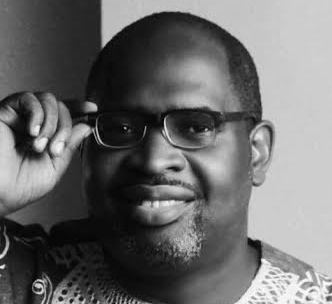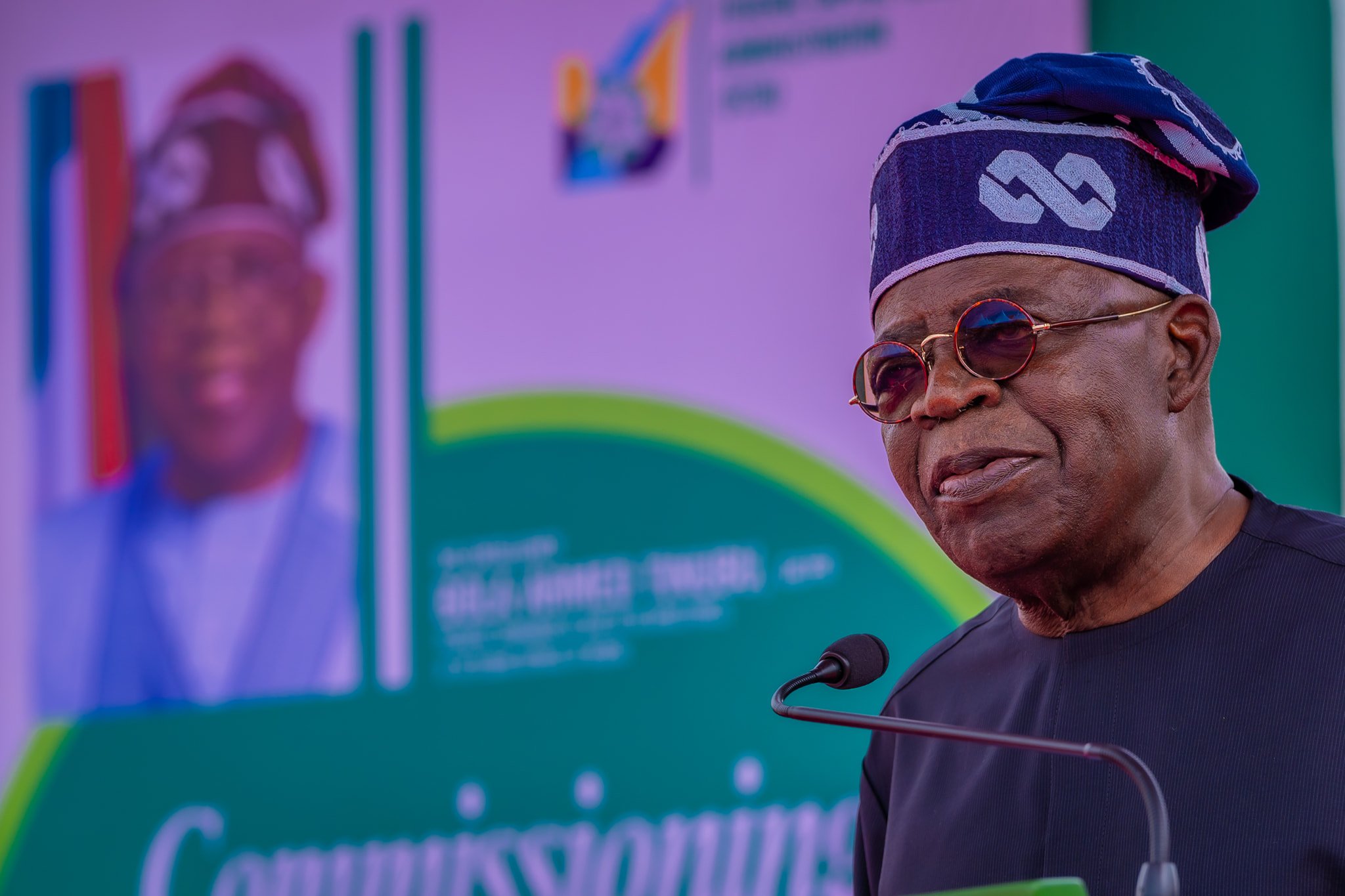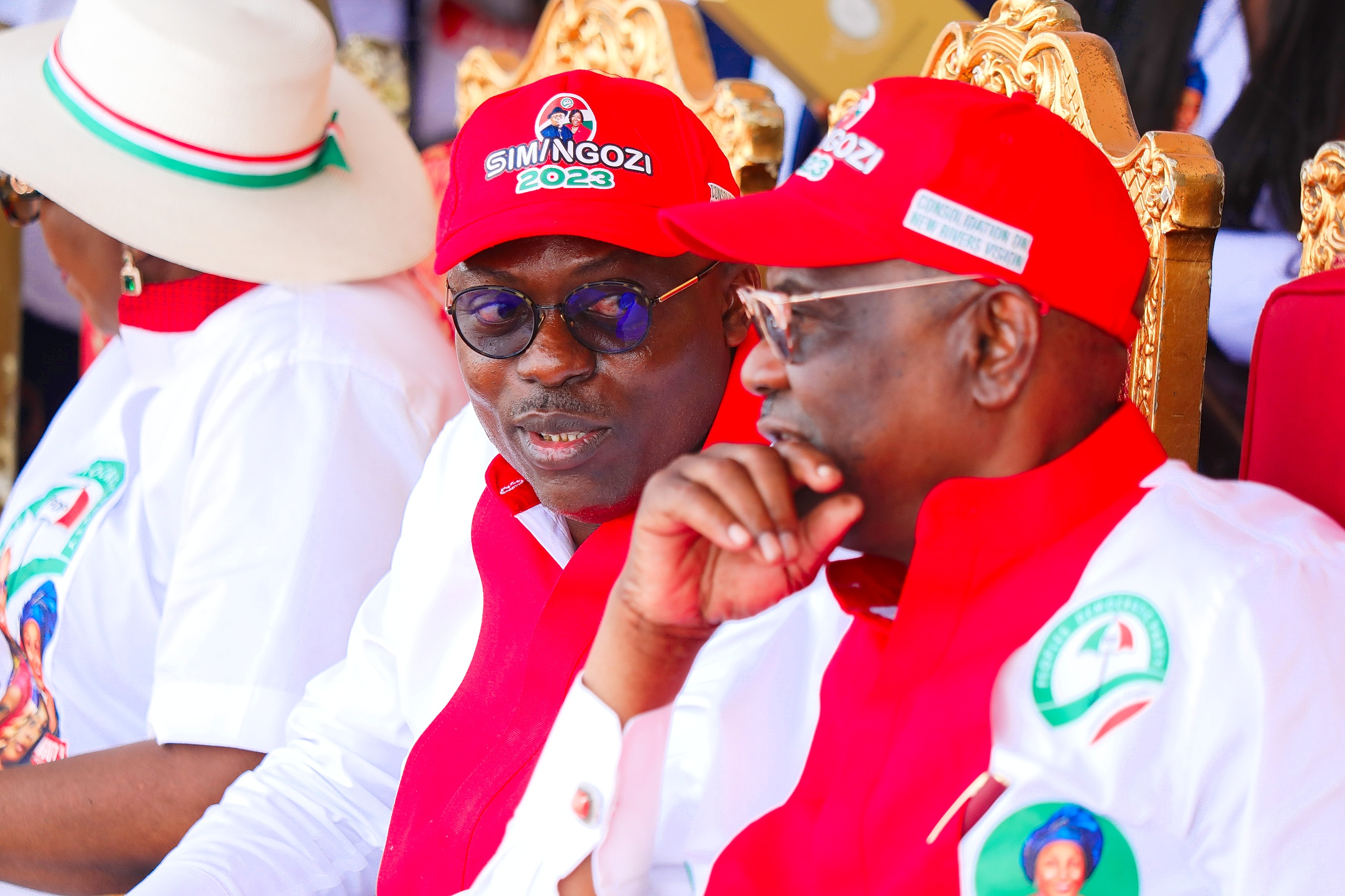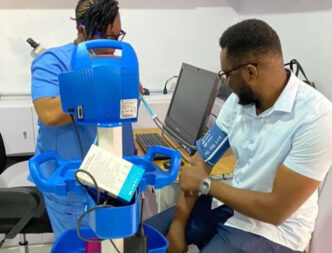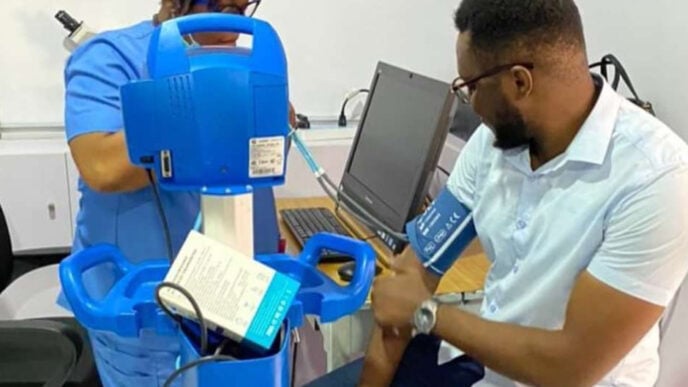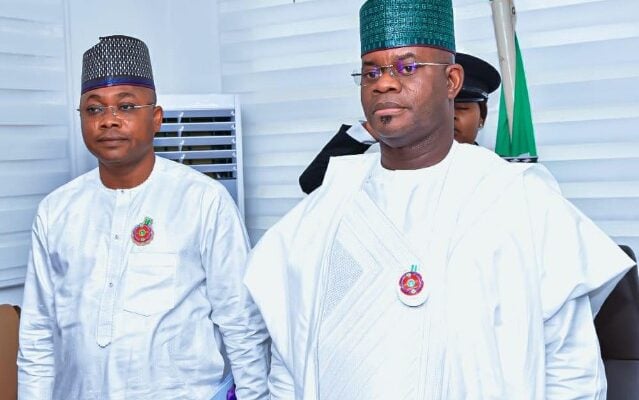Group of tech youths working together
The International Labour Organisation (ILO) defines decent work as: “Work that is productive and delivers a fair income, security in the workplace and social protection for families, better prospects for personal development and social integration, freedom for people to express their concerns, organize and participate in the decisions that affect their lives and equality of opportunity and treatment for all women and men.” The Canadian Labour Congress described decent work to mean fair pay, safe working conditions, and respect for workers’ well-being. It is about creating jobs that give people opportunities to grow while protecting their rights to good wages, social benefits, and a voice in the workplace.
Decent work is the opposite of work that is precarious, insecure, uncertain, and unpredictable. Decent work is a driver of economic development because it enhances productivity, competitiveness, innovation, and social inclusion. It can also reduce poverty, inequality, and conflicts. Employees, the workplace, employers, and society therefore benefit from decent work. Sustainable Development Goal 8 which aims to “promote sustained, inclusive and sustainable economic growth, full and productive employment and decent work for all” emphasises the critical role of decent work for all in achieving sustainable development. Decent work, employment creation, social protection, rights at work and social dialogue are also integral elements of the new 2030 Agenda for Sustainable Development.
The 1999 Nigerian Constitution guarantees certain fundamental rights and principles that contribute to decent work. Section 17(1) protects citizens from exploitation while Section 17(3)(a-c) guarantees fair labour standards, including fair wages, safe working conditions, and equal pay for equal work. Section 34 protects the right to dignity, including freedom from forced labour and exploitation and Section 40 guarantees freedom of association, including the right to form and join trade unions. Section 42 prohibits discrimination based on place of origin, sex, religion, or political opinion.
As the world marks the 2024 World Day for Decent Work, it is essential to reflect on Nigeria’s progress toward achieving decent work standards. So, if the Nigerian constitution supports decent work, is work decent the norm in Nigeria?
Advertisement
With low productivity and income, limited access to social protection, weak labour unions, and incidents of child labour and workplace abuse (over 15 million children between 5-14 years are engaged in hazardous work), Nigeria has a problem with decent work. Also, people with disabilities, women and girls are disproportionately affected, facing discrimination, exploitation, and abuse in the workplace. Nigeria also has a high rate of informal employment.
The National Bureau of Statistics (NBS) defined informal employment as jobs that lack the essential legal and social protections typically associated with formal employment, such as health benefits, pensions, and contract agreements. Recently, the National Bureau of Statistics (NBS) report showed that the informal sector represents 92.2 percent of the employed population in 2023(By the first quarter of 2024, this figure had risen to 92.7 percent). Also, self-employment constitutes 85 percent of employed persons (wage earners constituting the remaining 15 percent) So, we can infer that 92.2 percent of the employed population in 2023 do not have decent jobs in Nigeria.
Evidence shows that precarious employment has been rising in Canada too. The Changing Workplaces Review, for example, found that one in three Ontario workers were precariously employed in 2014. Also, the 2021 Labour Force Survey found that 2.1 million people were working in temporary jobs across Canada, up 34 percent from 1.4 million in 1998 and between 1998 and 2018, the proportion of those in the workforce earning minimum wage doubled, from 5.2 percent to 10.4 percent. A pre-budget submission of the Canadian Career Development Foundation (CCDF) submitted on August 3, 2018, stated that “the world of work is increasingly precarious for millions of Canadians”.
Advertisement
Attempts have been made to promote the decent work agenda in Nigeria. In 2023, Nigeria launched its Decent Country Programme (DWCP) III (This is a successor to the DWCP I and II implemented from 2005.) DWCP III covers a five-year period (2023 and 2027). It has three pillars, namely job creation for men, women, youths, and people with disabilities, rights at work and extending social protection.
I hope we will pursue this with more vigour. DWCP III was created from the collaboration between The International Labour Organisation (ILO) the federal ministry of labour and employment (FMLE), the Nigerian Employers’ Consultative Association (NECA), Nigeria Labour Congress (NLC) and the Trade Union Congress of Nigeria (TUC), with the participation of the UN resident and humanitarian coordinator in Nigeria.
It is imperative that Nigeria prioritises decent work. To address these challenges, we urge policymakers, workplace managers, and human resources managers to prioritize decent work. I like to make the following suggestions.
- Strengthen labour laws including enforcement of existing laws, regulations and standards including ratifying and enforcing relevant ILO conventions.
- Implementing policies and programmes that promote job creation, especially for youth and women.
- Expand social protection coverage and benefits for all workers.
- Improve safety in the workplace because safe working conditions are also essential for decent work. adequate healthcare.
- Promote social dialogue and foster cooperation between governments, employers, and workers.
- Protect workers’ rights by ensuring fair wages, safe working conditions, and equal opportunities.
- Improve the institutional capacity to improve the workplace of workplace regulators.
The federal ministry of labour has a significant role to play in promoting the decent work agenda. Sadly, the ministry has been struggling to provide effective labour inspections, and reforms that will drive and promote a positive work environment in Nigeria. We need to change this situation.
Advertisement
Conclusion
Decent work is a fundamental human right. Let us work together to create a labour market that values productivity, fairness, and human dignity in Nigeria. On this World Day for Decent Work, I make a request for jobs that respect the rights and dignity of all workers.
Yomi Fawehinmi is an author, researcher and consultant specialising in human resources management, workplace relations and rights, diversity and inclusion, leadership, and development
Advertisement
Views expressed by contributors are strictly personal and not of TheCable.
